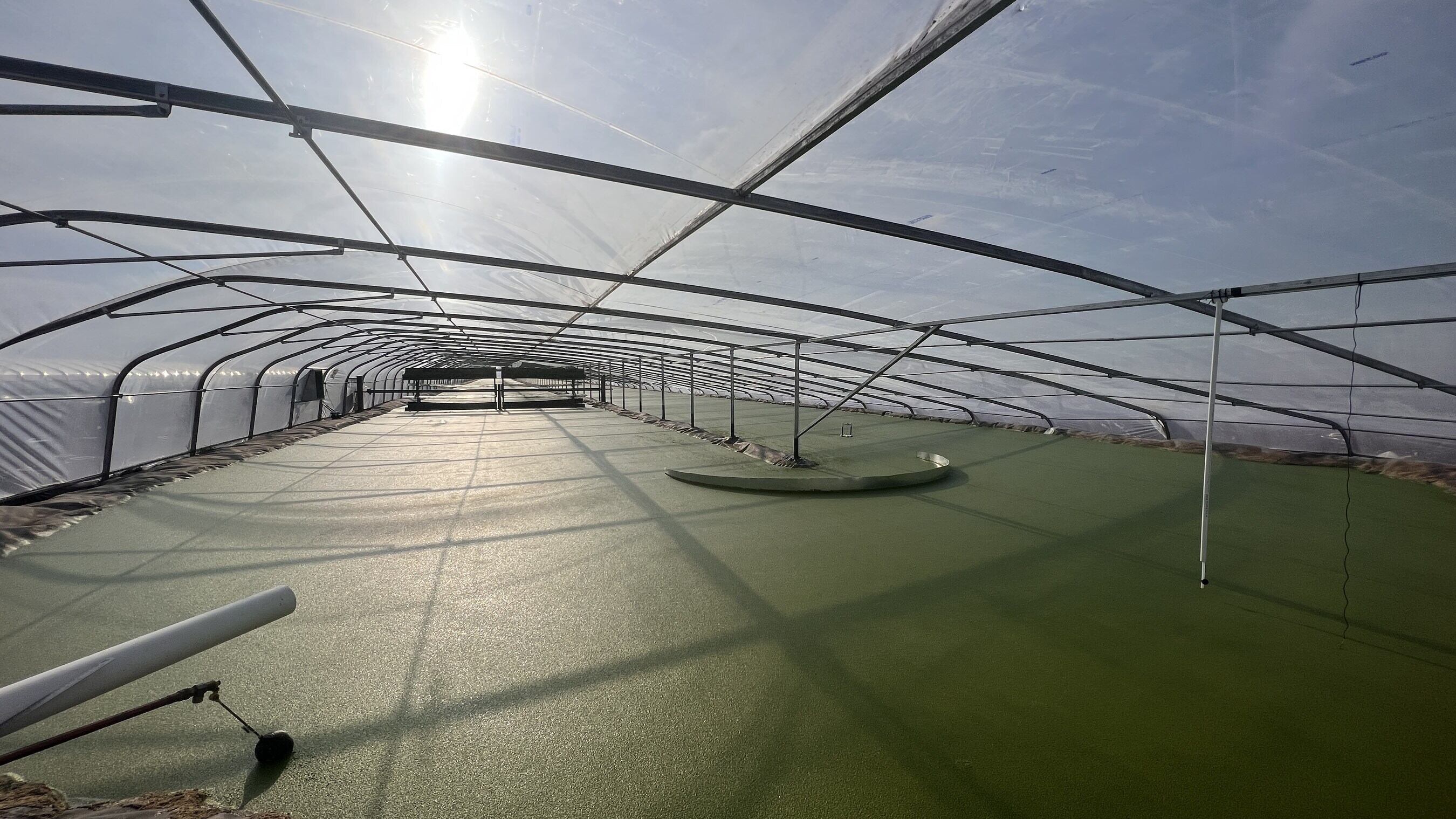Alternative protein companies and food tech more broadly may receive a boost in venture capital (VC) funding — albeit a small one — in 2025 as the industry moves through the trough of disillusionment and shakes off years of declining investments.
VC deals in the food- and ag-tech space declined in 2024, but towards the end of the year “the rate of capital going into the space is continuing to slowly climb,” said Nick Cooney, managing partner at Lever VC. However, the deal flow is “not at a really fast rate” yet, he emphasized.
Can alt protein shrug off the last three years?
Venture capital funding expects capital funding to tick up in the food-tech space as macroeconomic conditions, like lower interest rates and a robust economy, lay the groundwork for more deal making in 2025, Cooney predicted. Additionally, alt-protein companies exiting the market creates “a better 2025” for those that remain, he added.
However, many small food-tech companies will continue to struggle, with many ultimately folding in 2025, explained Nadav Berger, founding general partner at PeakBridge. Additionally, the industry is waiting for a brand to recapture the excitement that Impossible Meat and Beyond Meat did during the peak of the hype cycle, he added.
“In the last nine months, consumption of dairy and meat grew after many years of the decline," Berger noted. “It is not good news for us as human beings. It is not good news for the planet, and it is definitely not good news for the food-tech ecosystem.”
Alternative proteins 3.0: Balancing consumer demand for health and taste
This story is part of a special collection of articles examining the fast-evolving and examining alternative protein market that was emailed to subscribers.
Check out the full collection: Alternative proteins 3.0: Balancing health and taste
To receive future special editions via email, register for free for FoodNavigator-USA’s newsletters. Find out more by clicking the yellow “register” button at the top of our homepage or by visiting https://www.foodnavigator-usa.com/Info/Why-register.
The US alternative protein market experienced “a tougher time” in recent years as consumers pulled back on the category, Cooney admitted. However, alt-protein declines appear to be leveling off, and the market should return to “historically average growth trends” in 2026, he suggested.
Meat alternatives declined for the third year in a row, following its peak in 2020 with $1.3 billion in sales, according to Circana data. Meat alternatives sales declined to $1 billion in the year ending July 14, as the number of brands shrunk from 116 to 83, during the time.
2024 and 2023 was ‘a wake-up call’
Last year and 2023 served as “a wake-up call” for food-tech, as companies with proven technology could not raise money, Berger explained. Plant-based seafood company New Wave Foods closed its doors in early 2024, while food-tech company Motif FoodWorks announced in September it was shuttering its doors.
“The problem is not regulation or the technology or even the consumer acceptance. It is the lack of resources,” he added.
VC firms made 1,089 deals from Q4 2023 to Q3 2024, a 34.4% decline from the previous year, according to Pitchbook data. Similarly, deal value decreased to $9.8 billion or by 8.8% in Q4 2023 to Q3 2024, compared to $10.8 billion for the previous year, Pitchbook reported.
Food-tech startups seeking funding in 2025 must focus on business fundamentals, including a large addressable market and a concise and persuasive pitch, Cooney explained. However, this might not be enough to secure VC funding, he added.
“We certainly see a lot of technologies or solutions that we think are interesting and we think could succeed as a company, but not to the financial extent that it provides the returns we would need to take the risk to make an early-stage investment. And for those sorts of things, people should still start companies, but VC funding is probably going to be a tougher path to get rolling,” Cooney elaborated.
Food tech re-calibrates to focus on the value chain
More alt-protein companies are growing their business-to-business division or focusing on “a fraction of the value chain” with the goal of inching closer to “the Holy Grail” of price parity, Berger explained.
Future Food-Tech San Francisco features funding discussions with leading investors
Last year, Prolific Machines raised $55 million in a Series B1 round to scale up its optogenetics-based technology, which reduces alt-protein manufacturing costs with light-based technology that can control cell activity. Later in the year, Israeli-based biotech company Brevel launched its first facility built with “the bare minimum infrastructure” and light-based technology inside bioreactors that illuminate biomass.
Large CPG companies, like PepsiCo and The Coca-Cola Company, must invest if alt proteins are to deliver on their promise of meeting consumer demands for proteins, Berger noted.
“At the end of the day if we really want to make a change or impact, we have to work with those big brands, not because of their brands, but because of their muscles — their ability to take a product and put it in front of hundreds of thousands — if not millions — points of sales,” Berger said. “There is still a gap between the ability of those big players to move the needle and where the innovation is.”
Join FoodNavigator in Chicago in June
Nadav Berger, founding general partner at Peakbridge, will be joining a panel on Unlocking Investment Opportunities: Funding, Scaling and Innovation in the Food Sector at Future Food-Tech in Chicago on June 3, 2025. Join him and 400 industry leaders – global founders, investors, CPGs and food brands – on June 2-3 to identify breakthrough opportunities to bridge supply chain gaps, commercialize alternative ingredients and advance protein diversification.






